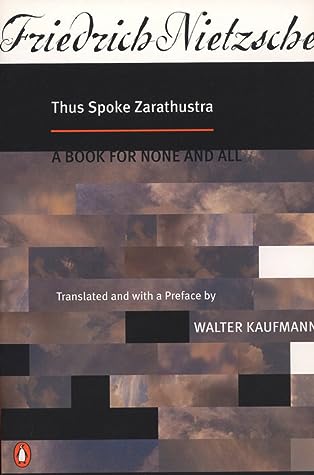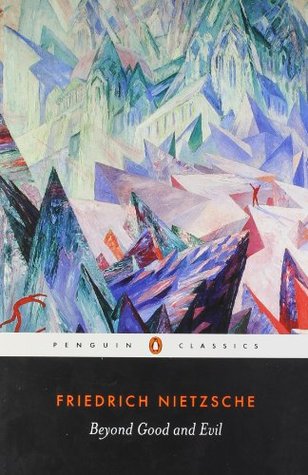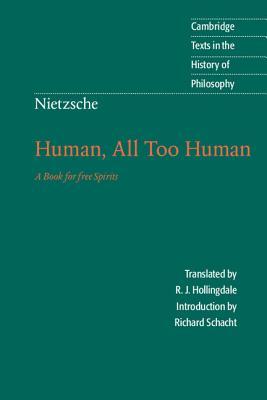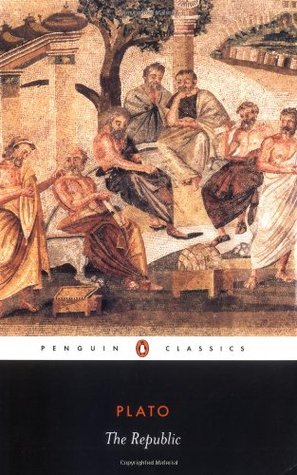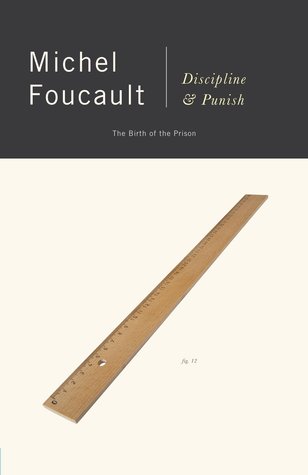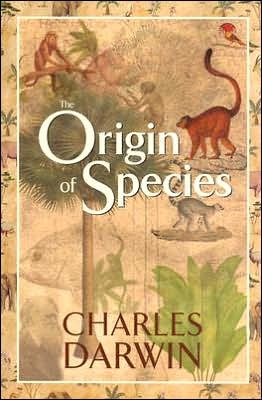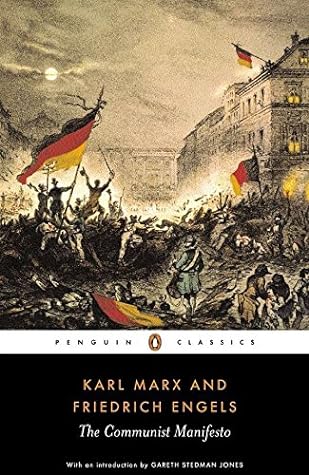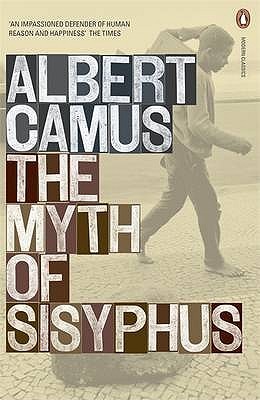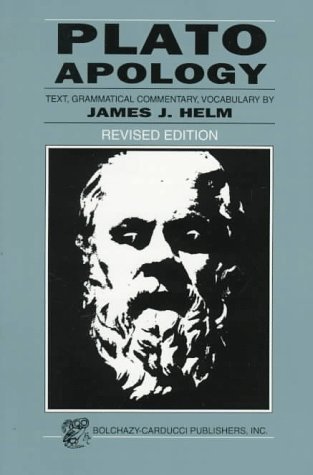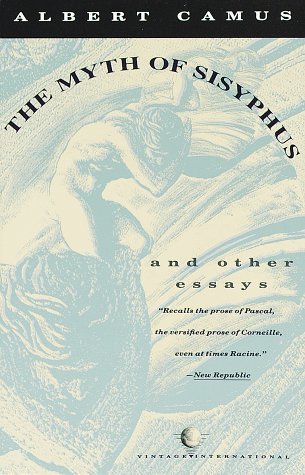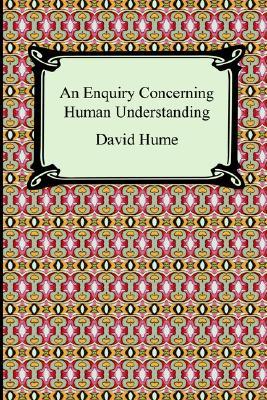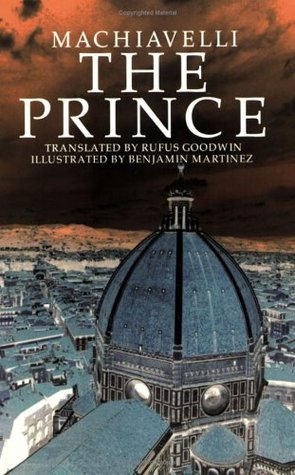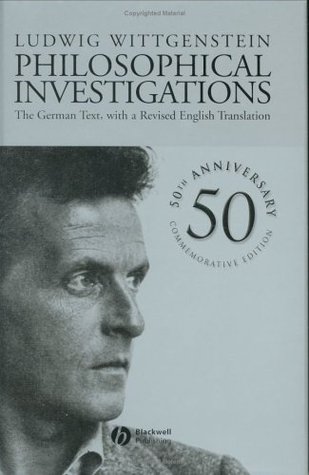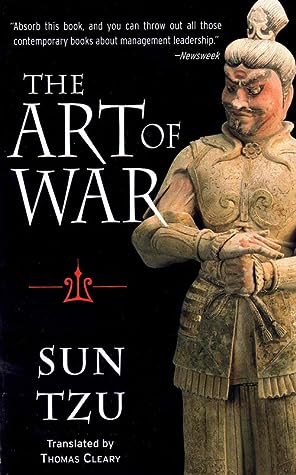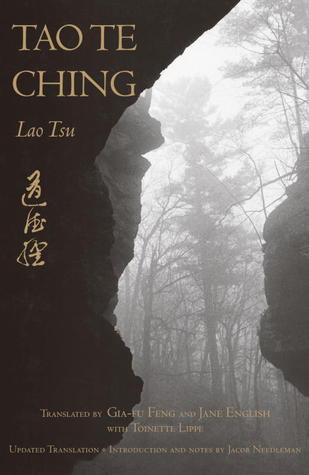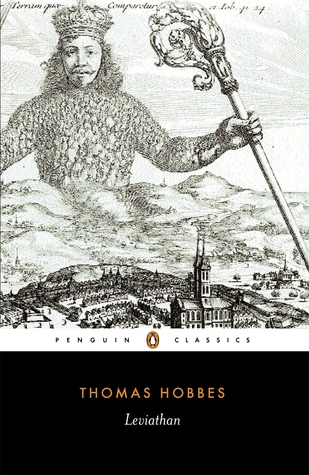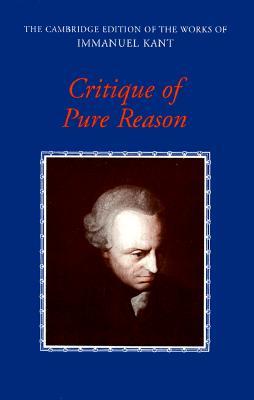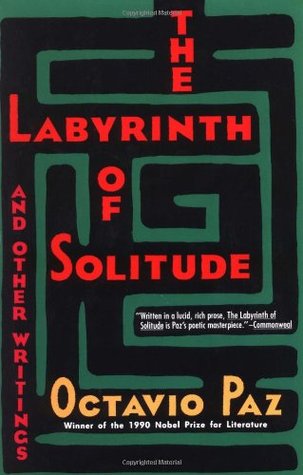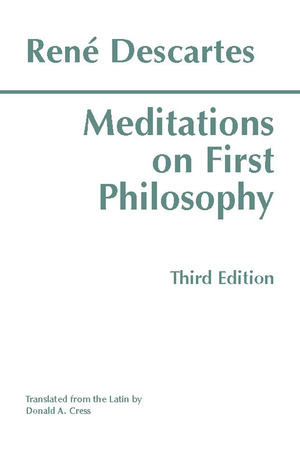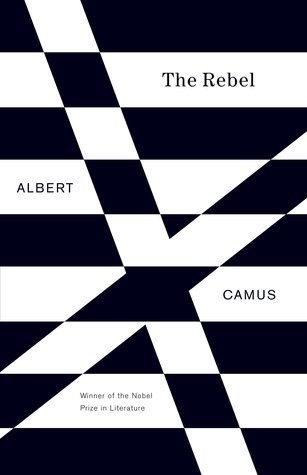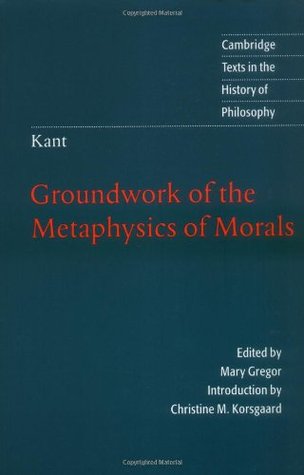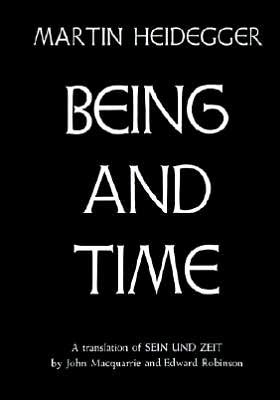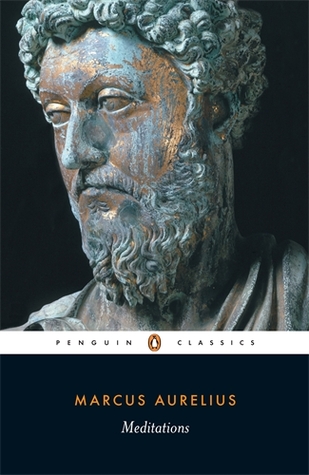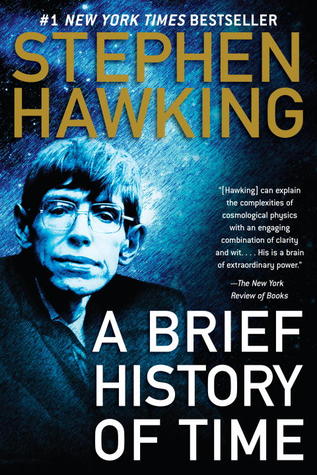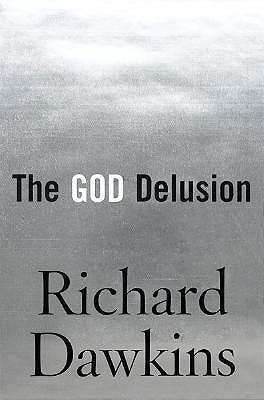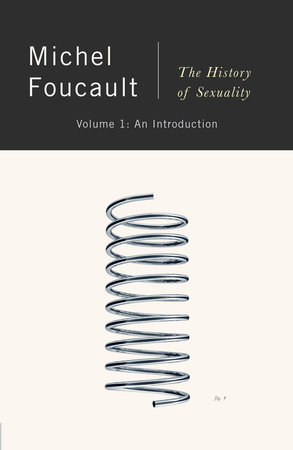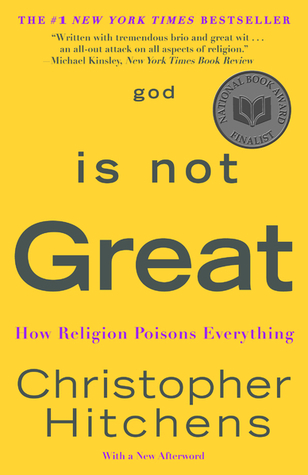Powered by a book like {foo}
Recommendations based on The Anti-Christby Friedrich Nietzsche
* statistically, based on millions of data-points provided by fellow humans
Thus Spoke Zarathustra
by Friedrich Nietzsche
A philosophical treatise exploring morality, religion, and the meaning of life.
Beyond Good and Evil
by Friedrich Nietzsche
A philosophical exploration of morality and truth, challenging conventional morality and religious beliefs.
Friedrich Nietzsche's Beyond Good and Evil is translated from the German by R.J. Hollingdale with an introduction by Michael Tanner in Penguin Classics. Beyond Good and Evil confirmed Nietzsche's ... (Goodreads)
Human, All Too Human: A Book for Free Spirits
by Friedrich Nietzsche
A philosophical exploration of the human condition and the pursuit of morality.
This volume presents Nietzsche's remarkable collection of almost 1400 aphorisms in R. J. Hollingdale's distinguished translation, together with a new historical introduction by Richard Schacht. ... (Goodreads)
The Republic
by Plato
A philosophical discourse on justice, examining morality, politics, and virtue.
Presented in the form of a dialogue between Socrates and three different interlocutors, this classic text is an enquiry into the notion of a perfect community and the ideal individual within it. ... (Goodreads)
Discipline and Punish: The Birth of the Prison
by Michel Foucault
Examines the emergence of the modern prison system and its effects on society.
Librarian note: an alternate cover for this edition can be found, here,. Barely two hundred and fifty years ago a man condemned of attempting to assassinate the King of France was drawn and quartered ... (Goodreads)
The Origin of Species
by Charles Darwin
Comprehensive scientific exploration of the evolution of species and the natural world.
Darwin's theory of natural selection issued a profound challenge to orthodox thought and belief: no being or species has been specifically created; all are locked into a pitiless struggle for ... (Goodreads)
The Communist Manifesto
by Karl Marx
A treatise on the fundamental principles of communism, and its role in society.
A rousing call to arms whose influence is still felt today Originally published on the eve of the 1848 European revolutions, The Communist Manifesto is a condensed and incisive account of the ... (Goodreads)
The Myth of Sisyphus
by Albert Camus
An essay on understanding the absurdity of life, and realizing there is meaning in even the most mundane tasks.
Throughout history, some books have changed the world. They have transformed the way we see ourselves—and each other. They have inspired debate, dissent, war and revolution. They have enlightened, ... (Goodreads)
The Myth of Sisyphus and Other Essays
by Albert Camus
Philosophical essays on the absurd human condition, questioning the value of life.
One of the most influential works of this century, this is a crucial exposition of existentialist thought. Influenced by works such as Don Juan, and the novels of Kafka, these essays begin with a ... (Goodreads)
The Nicomachean Ethics
by Aristotle
An exploration of virtue and morality, providing guidance on how to live a good life.
‘One swallow does not make a summer; neither does one day. Similarly neither can one day, or a brief space of time, make a man blessed and happy’ In the Nicomachean Ethics , Aristotle sets out to ... (Goodreads)
An Enquiry Concerning Human Understanding
by David Hume
Analysis of the nature of human understanding, challenging existing philosophical and religious beliefs.
An Enquiry Concerning Human Understanding, is a book by the Scottish empiricist philosopher David Hume , published in English in 1748. , It was a revision of an earlier effort, Hume's A Treatise of ... (Wikipedia)
The Prince
by Niccolò Machiavelli
A timeless political treatise on the art of acquiring and maintaining power.
Machiavelli needs to be looked at as he really was. Hence: Can Machiavelli, who makes the following observations, be Machiavellian as we understand the disparaging term? 1. So it is that to know the ... (Goodreads)
Philosophical Investigations
by Ludwig Wittgenstein
Wittgenstein's exploration of language and meaning, challenging traditional philosophical concepts and proposing new ways of understanding language games.
Philosophical Investigations, ( German : Philosophische Untersuchungen ) is a work by the philosopher Ludwig Wittgenstein . The book was published posthumously in 1953. Wittgenstein discusses ... (Wikipedia)
Existentialism is a Humanism
by Jean-Paul Sartre
A philosophical exploration of the human condition, and the implications of freedom and responsibility.
It was to correct common misconceptions about his thought that Jean-Paul Sartre, the most dominent European intellectual of the post-World War II decades, accepted an invitation to speak on October ... (Goodreads)
The Art of War
by Sun Tzu
Ancient Chinese military treatise outlining strategies for success in battle.
Twenty-Five Hundred years ago, Sun Tzu wrote this classic book of military strategy based on Chinese warfare and military thought. Since that time, all levels of military have used the teaching on ... (Goodreads)
Tao Te Ching
by Lao Tzu
A collection of wise sayings and reflections on the nature of existence.
A lucid translation of the well-known Taoist classic by a leading scholar-now in a Shambhala Pocket Library edition. Written more than two thousand years ago, the Tao Teh Ching , or -The Classic of ... (Goodreads)
Leviathan
by Thomas Hobbes
Philosophical exploration of the nature of power and justice in a state of nature.
'The life of man, solitary, poore, nasty, brutish, and short' Written during the chaos of the English Civil War, Thomas Hobbes' Leviathan asks how, in a world of violence and horror, can we stop ... (Goodreads)
Critique of Pure Reason
by Immanuel Kant
Exploration of the limits of human reason and its limitations in understanding nature.
'The purpose of this critique of pure speculative reason consists in the attempt to change the old procedure of metaphysics and to bring about a complete revolution', Kant's Critique of Pure Reason ... (Goodreads)
The Labyrinth of Solitude and Other Writings
by Octavio Paz
Investigation of Mexican culture, challenging traditional values and exploring ideas of solitude.
Octavio Paz has long been acknowledged as Mexico's foremost writer and critic. In this international classic, Paz has written one of the most enduring and powerful works ever created on Mexico and ... (Goodreads)
Meditations on First Philosophy
by René Descartes
Reflection on the nature of reality and human knowledge.
Descartes's Meditations on First Philosophy , the fundamental and originating work of the modern era in Western philosophy, is presented here in Donald Cress's completely revised edition of his ... (Goodreads)
The Rebel
by Albert Camus
Philosophical meditation on the individual's search for meaning in an absurd world.
By one of the most profoundly influential thinkers of our century, The Rebel is a classic essay on revolution. For Albert Camus, the urge to revolt is one of the "essential dimensions" of human ... (Goodreads)
Groundwork of the Metaphysics of Morals
by Immanuel Kant
Examination of the foundations of moral philosophy, focusing on the nature of moral obligation.
Immanuel Kant's Groundwork of the Metaphysics of Morals ranks alongside Plato's Republic and Aristotle's Nicomachean Ethics as one of the most profound and influential works in moral philosophy ever ... (Goodreads)
Madness and Civilization: A History of Insanity in the Age of Reason
by Michel Foucault
Examination of the changing attitudes towards mental illness over time and the implications of social control.
Librarian note: an alternate cover for this edition can be found, here,. Michel Foucault examines the archeology of madness in the West from 1500 to 1800 – from the late Middle Ages, when insanity ... (Goodreads)
Being and Time
by Martin Heidegger
Exploration of the basic questions of existence, re-examining the fundamentals of philosophy.
One of the most important philosophical works of our time, a work that has had tremendous influence on philosophy, literature, and psychology, and has literally changed the intellectual map of the ... (Goodreads)
Meditations
by Marcus Aurelius
Reflections on Stoic philosophy, exploring the nature of existence and how to live life.
Written in Greek by the only Roman emperor who was also a philosopher, without any intention of publication, the Meditations of Marcus Aurelius offer a remarkable series of challenging spiritual ... (Goodreads)
A Brief History of Time
by Stephen Hawking
Exploring the depths of time and space and the emergence of the universe.
In the ten years since its publication in 1988, Stephen Hawking's classic work has become a landmark volume in scientific writing, with more than nine million copies in forty languages sold ... (Goodreads)
The God Delusion
by Richard Dawkins
Scientific exploration of the evidence for and against religious belief.
A preeminent scientist - and the world's most prominent atheist - asserts the irrationality of belief in God, and the grievous harm religion has inflicted on society, from the Crusades to 9/11. With ... (Goodreads)
The History of Sexuality, Volume 1: An Introduction
by Michel Foucault
Examination of the power dynamics and social constructions of sexual behavior.
Michel Foucault offers an iconoclastic exploration of why we feel compelled to continually analyze and discuss sex, and of the social and mental mechanisms of power that cause us to direct the ... (Goodreads)
God Is Not Great: How Religion Poisons Everything
by Christopher Hitchens
Criticism of organized religion, arguing it is the root of much suffering in the world.
With his unique brand of erudition and wit, Hitchens describes the ways in which religion is man-made. "God did not make us," he says. "We made God." He explains the ways in which religion is ... (Goodreads)
